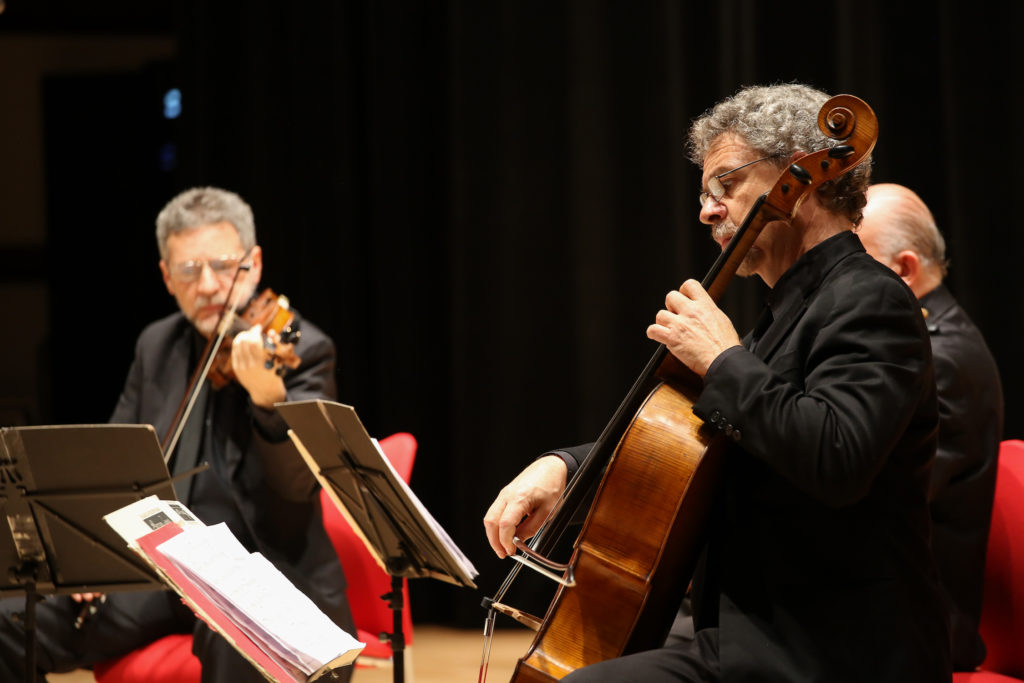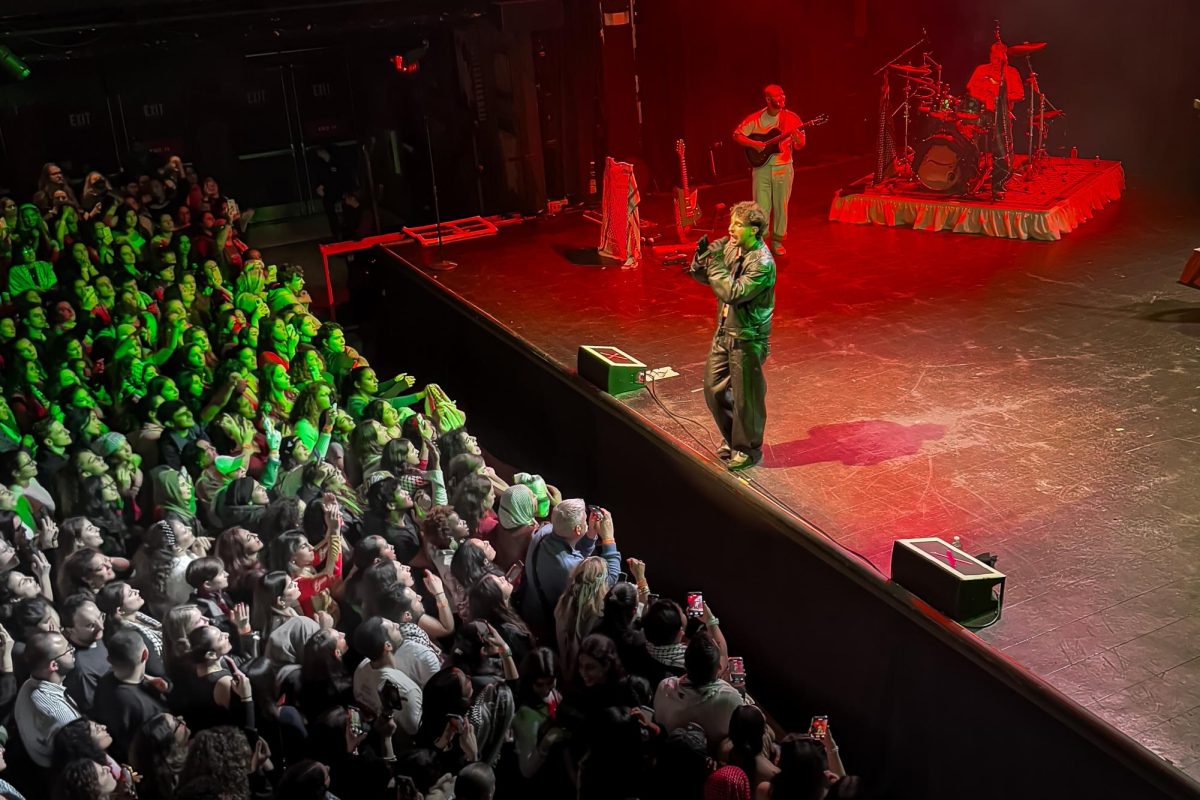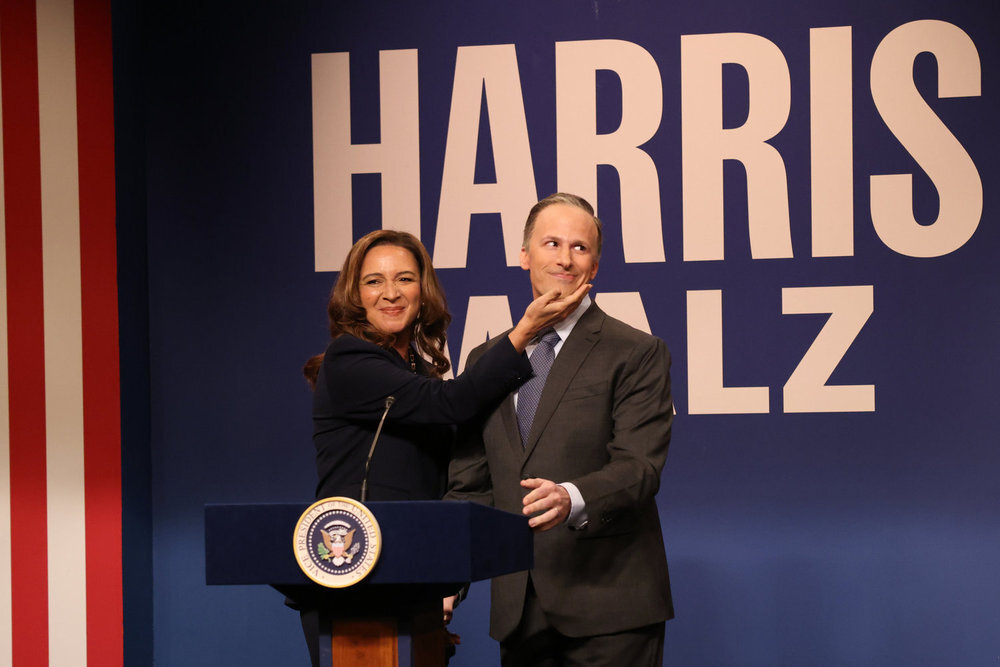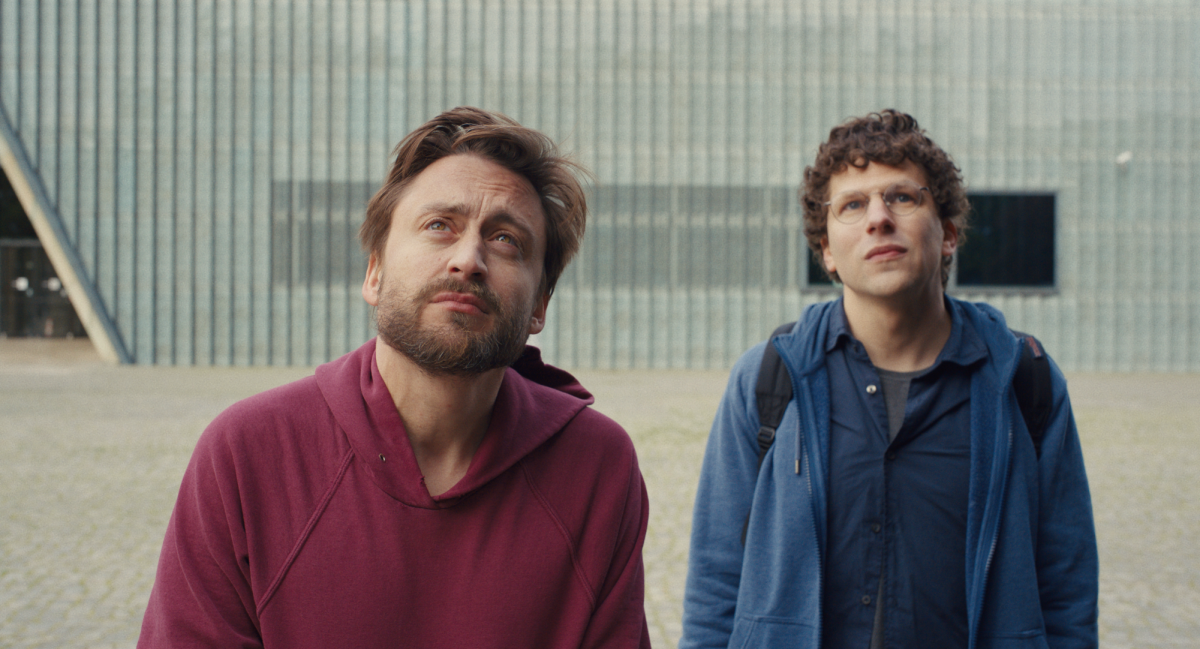By Liliana Piña, news correspondent
Four musicians took their seats, center-stage. The rustling of their sheet music was all that could be heard as the audience held their breaths in anticipation. When the musicians raised their bows, everyone stilled, eager for the event to begin.
On Oct. 14, Cuarteto Latinoamericano played a concert at Fenway Center, an event organized by Northeastern’s Music Department. Founded in 1982 and based in Mexico, the quartet has traveled across the world, sharing their passion for classical music.
“We developed a career that has been heavily influenced by the mission of promoting music for string quartets written by Latin American composers,” Saul Bitrán, first violinist, said. “There are many wonderful composers the world barely knows about.”
The first two pieces played were composed by members of Northeastern’s Music Department. Daniel Strong Godfrey’s 1993 piece “String Quartet No. 2” started the show, followed by Anthony Paul De Ritis’ piece “Reflexiones,” which was dedicated to Cuarteto Latinoamericano and debuted at the event. Both pieces captivated audience members despite their stark differences.
“The movements of the first piece were really interesting to me,” Claire McHugh, a freshman biology major, said. “The second piece was really surprising. It was not at all what I expected.”
De Ritis’ piece, “Reflexiones,” was more than a traditional classical piece—it featured an electronic component.
“I’m super excited about it, I have to admit,” De Ritis, a Northeastern music professor, said. “Sometimes it’s very difficult to get a balance between acoustic sounds and electronic sounds, especially when you’re doing it for the first time and didn’t have a whole lot of time to prepare. It’s all about finding the right blend.”
The event was mainly attended by an older crowd. However, there were enough students present to indicate an interest in classical music on campus.
“The activities of music at Northeastern are much more varied than at any other schools where I’ve taught,” Godfrey, composer and chair of the music department, said. “I’ve been teaching for 35 years and the variety of study and the range of participations among students, from music majors to music minors to students across the campus who are in completely different colleges is astounding.”
Cuarteto Latinoamericano has experience playing on college campuses, both domestically and abroad.
“Our concerts are full of young people,” Bitrán said. “Whenever we have a chance to play at a college, I am very excited. I think that it’s very important to bring classical music to universities because we have to educate concertgoers. People in universities are receptive to learn and I think that community is the perfect thing for a college crowd to incorporate.”
Cuarteto Latinoamericano has won multiple Latin Grammys, and is nominated for yet another this year.
“I think it’s a nice recognition to what we have been doing to really promote music by unknown composers,” Bitrán said.
Though the presence of classical music may not be present in mainstream media, it certainly has its qualities that draw young people in.
“It has its own appeal,” McHugh said. “Though many people don’t talk about it, I’m sure the majority listen to it from time to time.”
Photo by Dylan Shen









